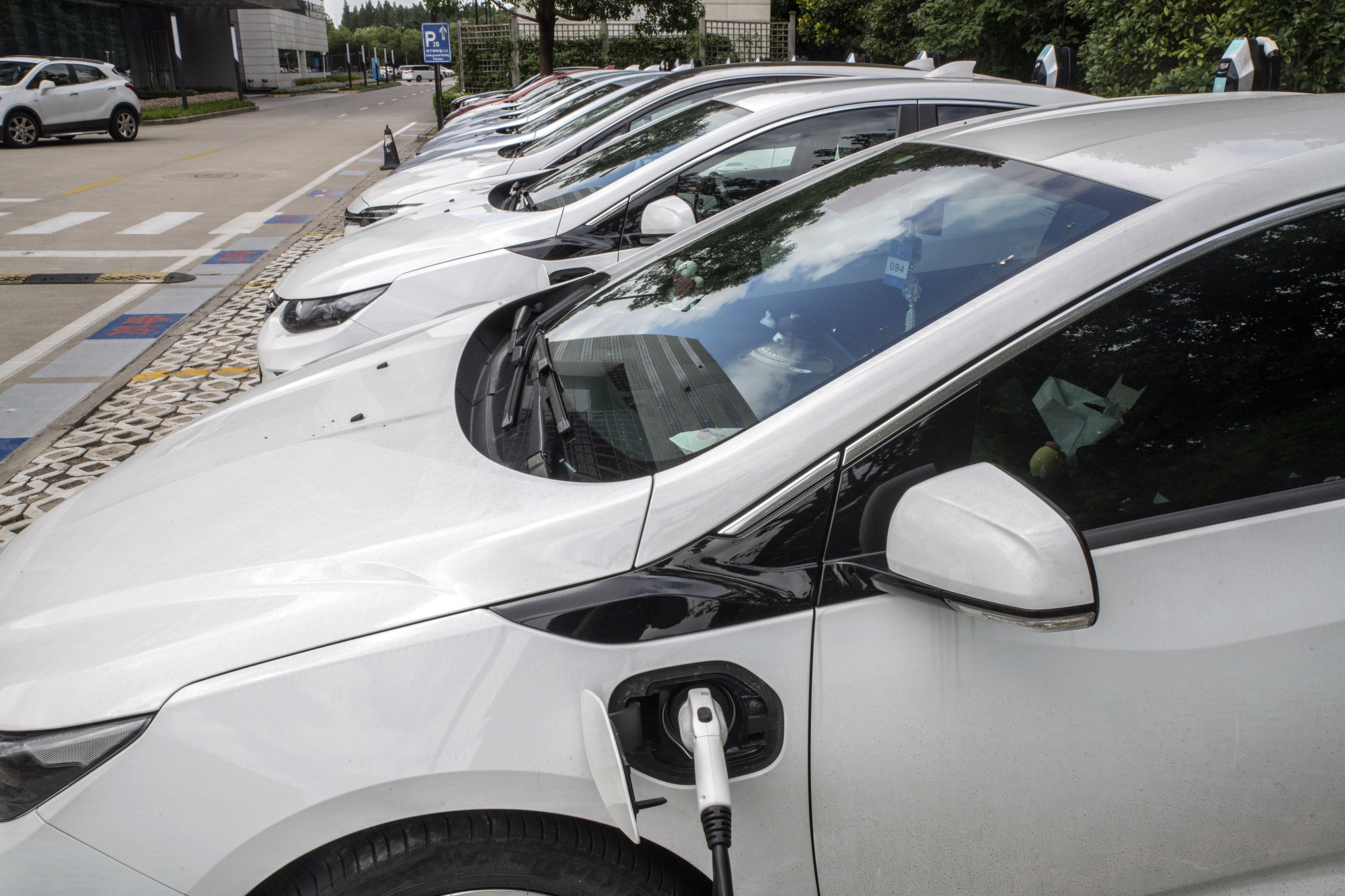Germany's automobile industry is its most important industrial sector. But it is in crisis, and not only because it is suffering the effects of a recession brought on by Volkswagen's own cheating on emissions standards, which sent consumers elsewhere. The sector is also facing the existential threat of exceedingly strict European Union emissions requirements, which are only seemingly grounded in environmental policy.
The EU clearly overstepped the mark with the carbon dioxide regulation that went into effect on April 17. From 2030 onward, European carmakers must have achieved average vehicle emissions of just 59 grams of CO2 per km, which corresponds to fuel consumption of 2.2 liters of diesel equivalent per 100 km. This simply will not be possible.
As late as 2006, average emissions for new passenger vehicles registered in the EU were around 161 g/km. As cars became smaller and lighter, that figure fell to 118 g/km in 2016. But this average crept back up, owing to an increase in the market share of gasoline engines, which emit more CO2 than diesel engines do. By 2018, the average emissions of newly registered cars had once again climbed to slightly above 120 g/km, which is twice what will be permitted in the long term.

















With your current subscription plan you can comment on stories. However, before writing your first comment, please create a display name in the Profile section of your subscriber account page.